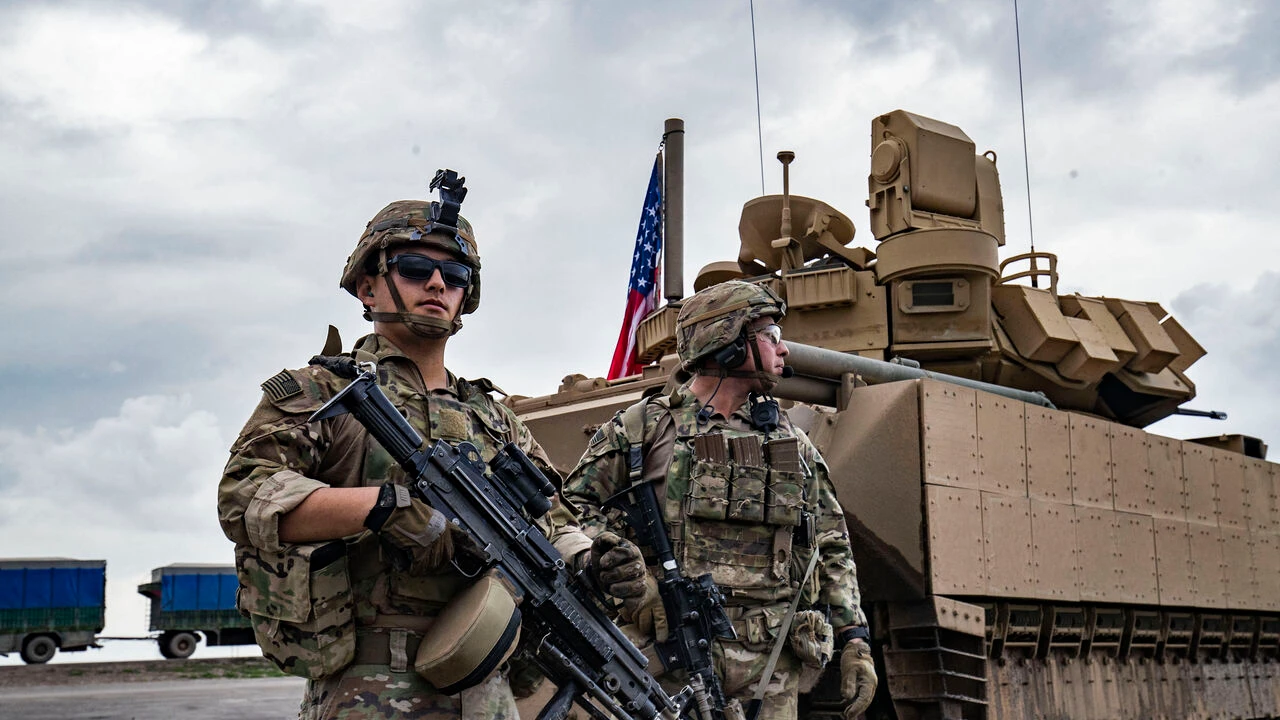Targeted strikes: Israel’s decades-long campaign of Hamas assassinations
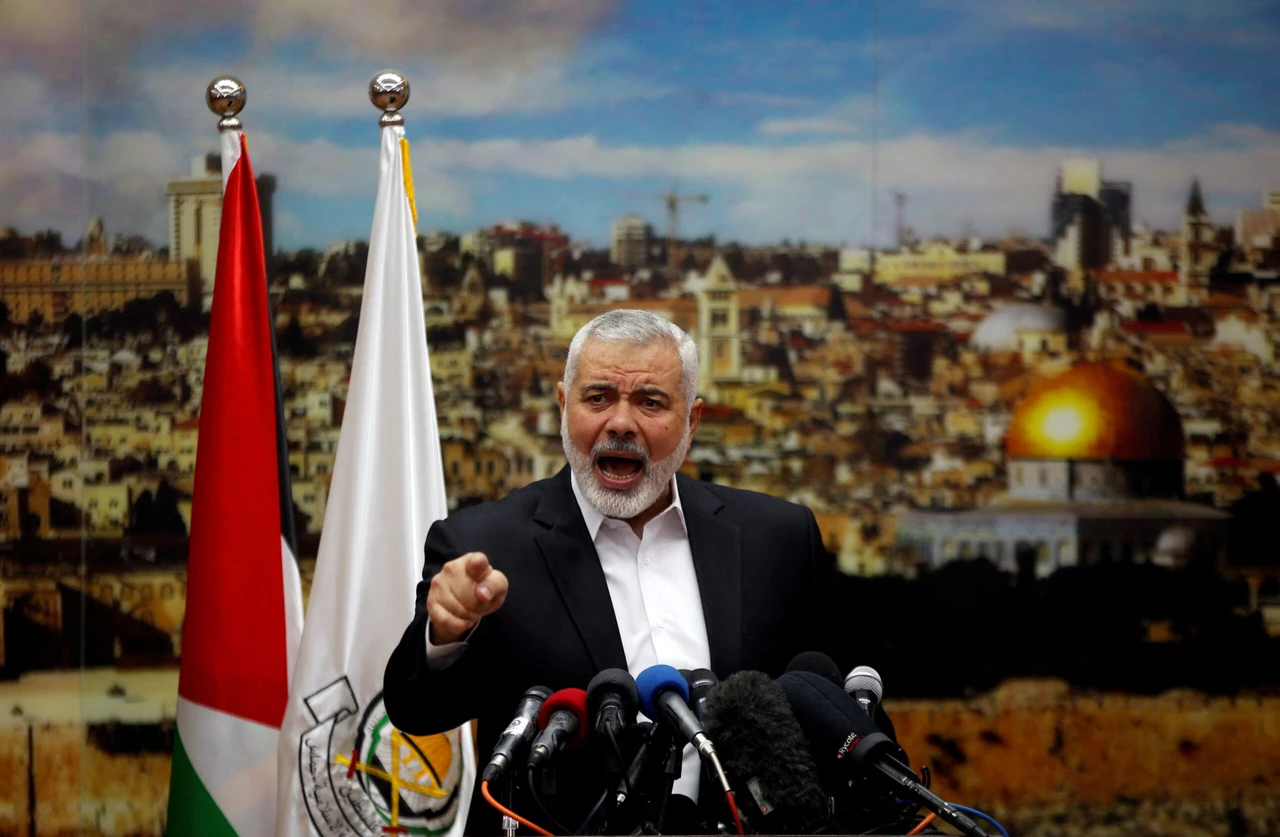 Hamas Chief Ismail Haniyeh gestures as he delivers a speech over U.S. President Donald Trump's decision to recognize Jerusalem as the capital of Israel, in Gaza City December 7, 2017. (Reuters Photo)
Hamas Chief Ismail Haniyeh gestures as he delivers a speech over U.S. President Donald Trump's decision to recognize Jerusalem as the capital of Israel, in Gaza City December 7, 2017. (Reuters Photo)
Over the years, Hamas, the Palestinian resistance movement, has witnessed the targeted killings of numerous leaders in its ranks. Lastly, On July 31, 2024, Ismail Haniyeh, the leader of Hamas’s political bureau, was assassinated in Tehran.
These deliberate attacks have significantly affected the organization’s leadership and operations. Below is a sequential record of prominent Hamas leaders targeted for assassination, highlighting the ongoing conflict and tactical methods employed by parties involved.

Yahya Abd-al-Latif Ayyash
Yahya Abd-al-Latif Ayyash, also known as “The Engineer,” played an important role in Hamas and gained renown for his exceptional skills in bomb-making. His advancements in the use of suicide bombings had a profound influence on the Israeli-Palestinian conflict. The Israeli internal security service Shin Bet assassinated Ayyash on January 5, 1996, due to his crucial role in orchestrating attacks against Israel.
Emad Akel
Emad Akel was a prominent commander in the Izz ad-Din al-Qassam Brigades, Hamas’ military faction. The Israel Defense Forces (IDF) fatally shot Akel during a deliberate operation in Gaza on November 24, 1993. During that period, Akel’s death had a significant impact on Hamas’ military prowess.

Shiekh Ahmed Yassin
Ahmed Yassin, the initiator and ideological guide of Hamas, played a pivotal role in the movement’s historical development. Yassin met his demise on March 22, 2004, as a result of an Israeli airstrike in Gaza. The assailants specifically targeted him as he exited a mosque, signifying a significant intensification in Israel’s efforts to combat the leadership of Hamas.

Abd al-Aziz al-Rantisi
After the assassination of Ahmed Yasin, Israeli forces specifically targeted Abd al-Aziz al-Rantisi, who was a prominent leader and co-founder of Hamas. An Israeli airstrike in Gaza assassinated Al-Rantisi on April 17, 2004. The individual’s death emphasized Israel’s ongoing tactic of selectively targeting high-ranking Hamas members in order to disrupt the organization’s leadership.
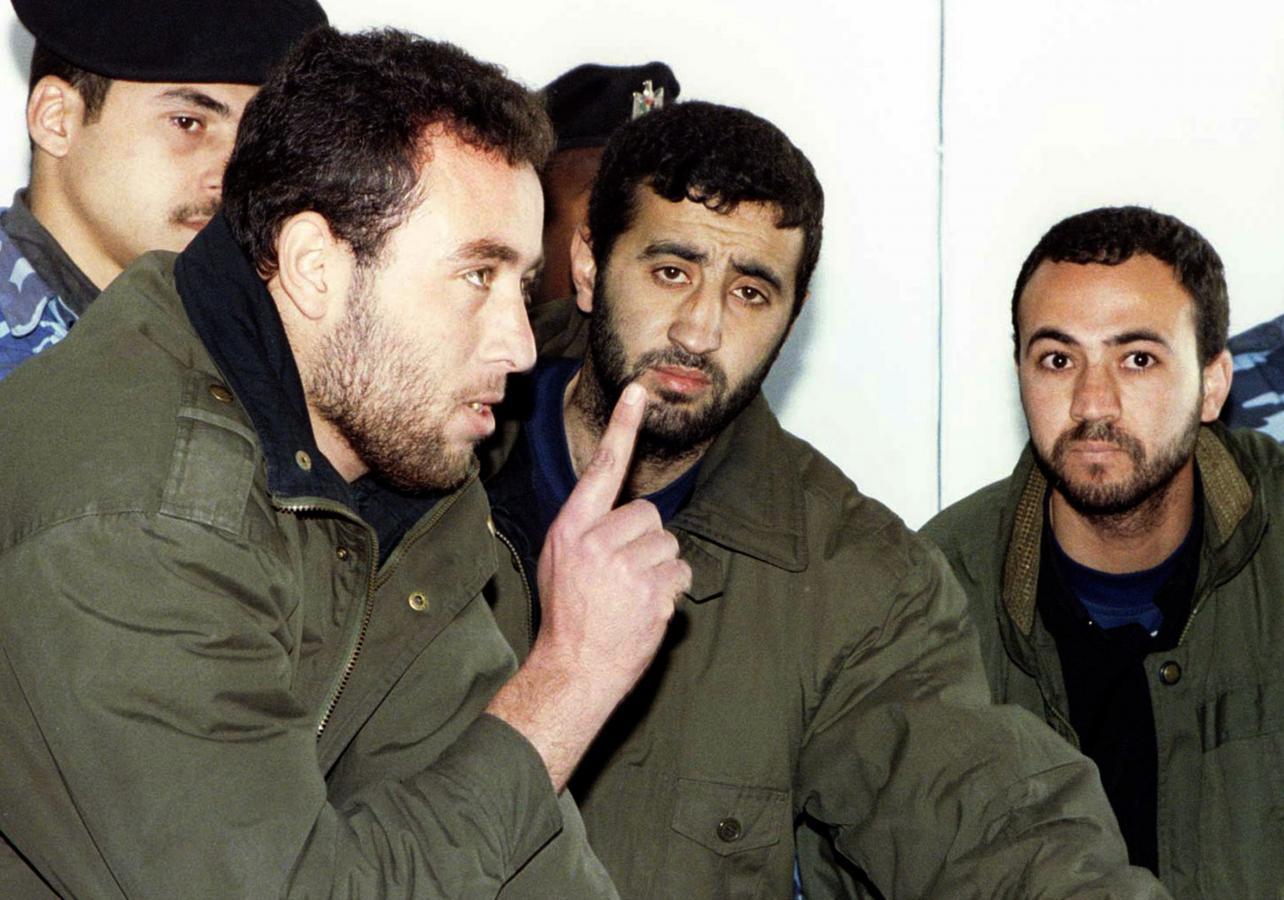
Salah Mustafa Muhammad Shehade
Salah Mustafa Muhammad Shehade, one of the founders of the Izz ad-Din al-Qassam Brigades, was a critical military leader within Hamas. On July 22, 2002, an Israeli F-16 aircraft targeted Shehade’s residence in Gaza City with a one-ton bomb, resulting in his death. The magnitude of the attack, which also led to a significant number of civilian casualties, emphasized the highly intense nature of the conflict.
Imad Abbas
On October 21, 2004, Israeli forces specifically targeted Imad Abbas, chief engineer affiliated with the Izz ad-Din al-Qassam Brigades. An Israeli Apache helicopter targeted him and killed him in Gaza City. The demise of Abbas, as well as Adnan Al-Ghoul on the same day, constituted a component of a wider Israeli endeavor to dismantle Hamas’s military framework.
Adnan al-Ghoul
On the same day as Imad Abbas’s killing, a well-coordinated Israeli helicopter attack assassinated Adnan Al-Ghoul on October 21, 2004, a prominent Hamas military figure and Mohammed Deif’s deputy. The demise of Al-Ghoul constituted a substantial setback for Hamas’s military endeavors and served as additional evidence of Israel’s determination to dismantle Hamas’s hierarchy.
Nizar Rayan
On January 1, 2009, the Gaza War fatally wounded Nizar Rayan, a prominent Hamas leader and professor of Islamic law. A targeted Israeli airstrike on his residence led to his demise, as well as the deaths of multiple relatives. Rayan’s explicit endorsement of suicide bombings and his prominent position within Hamas rendered him a prime objective.
Said Seyam
On January 15, 2009, an Israeli airstrike assassinated Said Seyam, the Interior Minister of the Palestinian government and a senior Hamas leader. The assault specifically aimed at his brother’s residence in Jabalia, Gaza, exemplifying the Israeli tactic of eradicating prominent Hamas individuals and their affiliates.

Raed al-Atar
Israel recognized Raed al-Atar as a prominent military leader of Hamas, and on August 21, 2014, an Israeli airstrike eliminated him. Israel’s targeted killing of him was a strategic move aimed at weakening Hamas’ military strength.
Mazen Muhammad Suleiman Faqha
On March 24, 2017, gunfire killed Mazen Muhammad Suleiman Faqha, a high-ranking officer in the Izz ad-Din al-Qassam Brigades, outside his residence in the Tel al-Hawa neighborhood of Gaza City. The individual’s demise was a deliberate and precise assassination, indicating persistent conflicts and sustained attention on prominent Hamas figures.
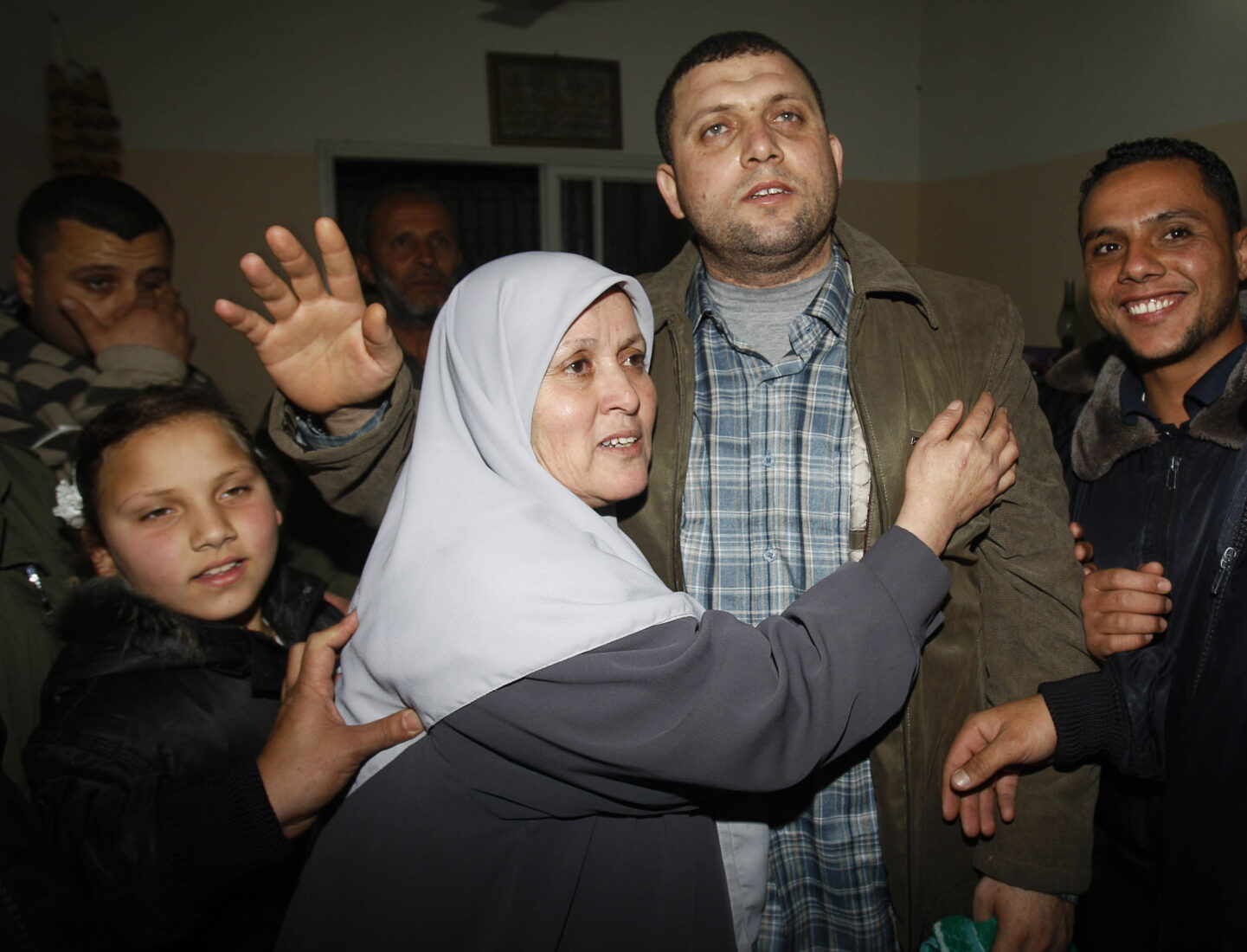
Ayman Nofal
Ayman Nofal, a key Hamas security and intelligence figure, served on the Qassam Brigades’ military council. Nofal was the victim of an Israeli airstrike on October 17, 2023, in the central Gaza Strip’s Bureij refugee camp.
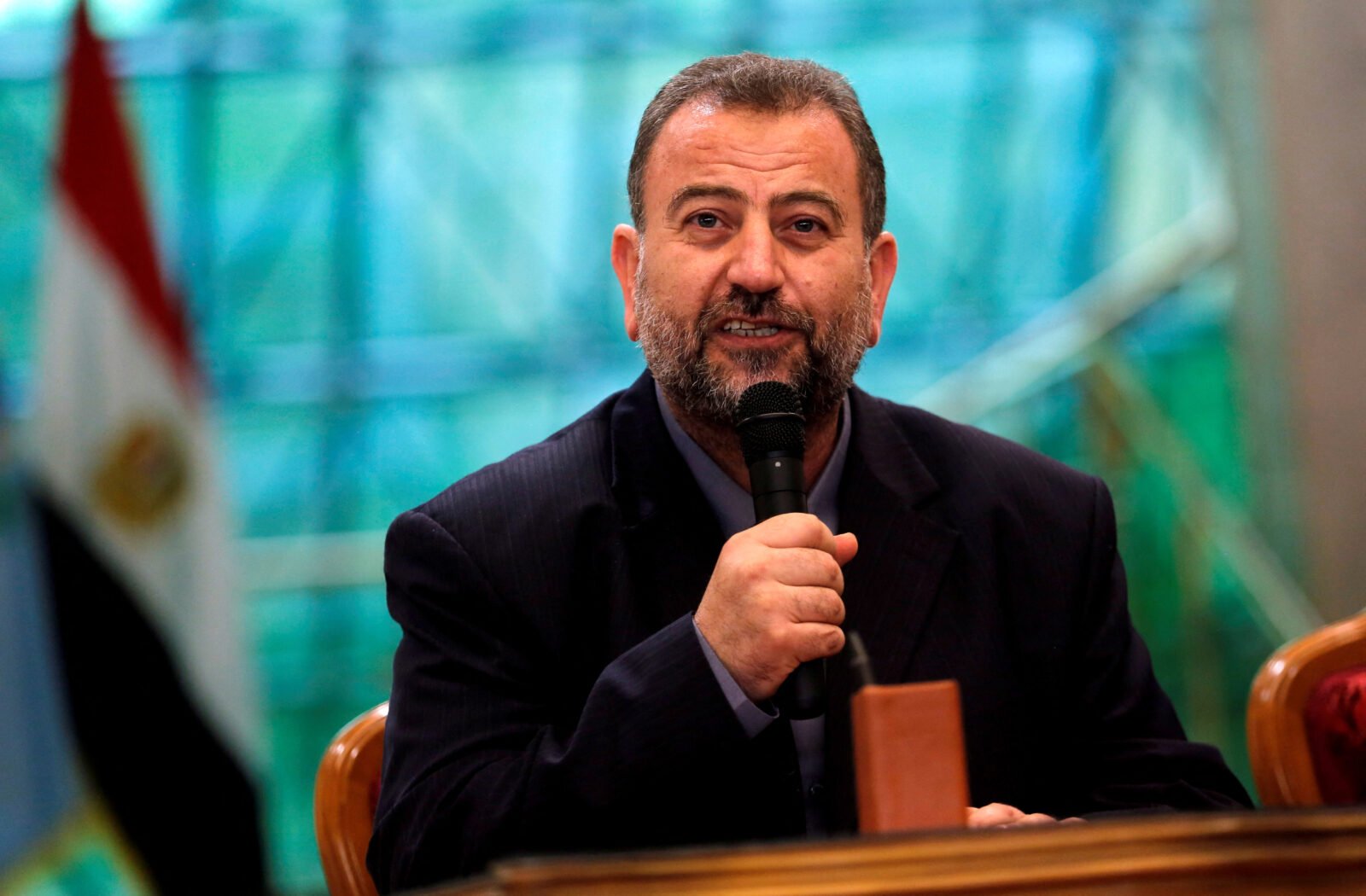
Saleh al-Arouri
Saleh al-Arouri, who held the position of Deputy Head of Hamas’ Political Bureau, served in this role from 2017 until his demise in 2024. Additionally, he served as the Founding Commander of the Izz ad-Din al-Qassam Brigades from 1993 until his passing in 2024. Al-Arouri passed away on January 2, 2024, at the age of 58, as a result of an Israeli Defense Forces airstrike on his residence in Beirut, Lebanon.
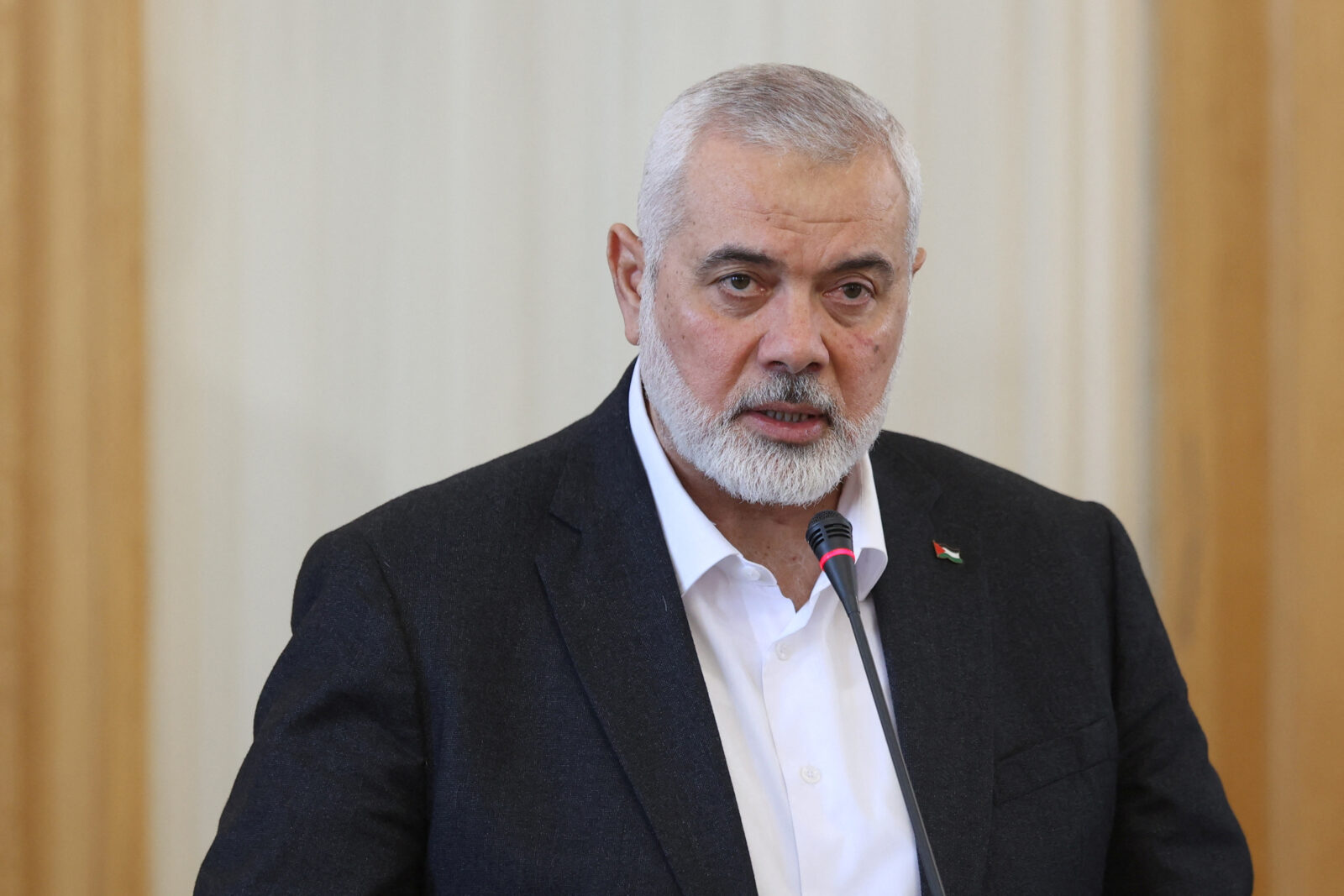
Ismail Haniyeh
On July 31, 2024, Ismail Haniyeh, the leader of Hamas’s political bureau, was assassinated in Tehran. Iran’s Revolutionary Guards reported the deliberate killing of Haniyeh and one of his bodyguards. This incident underscores the ongoing geopolitical intricacies and global aspects of the Israeli-Palestinian conflict.
The targeted killing of Hamas leaders has been a recurring motif in the Israeli-Palestinian conflict. Every instance of targeted killing is indicative of larger strategic objectives and changing dynamics. From the start of the conflict until now, these assassinations have significantly impacted Hamas’s leadership and operational capabilities.
